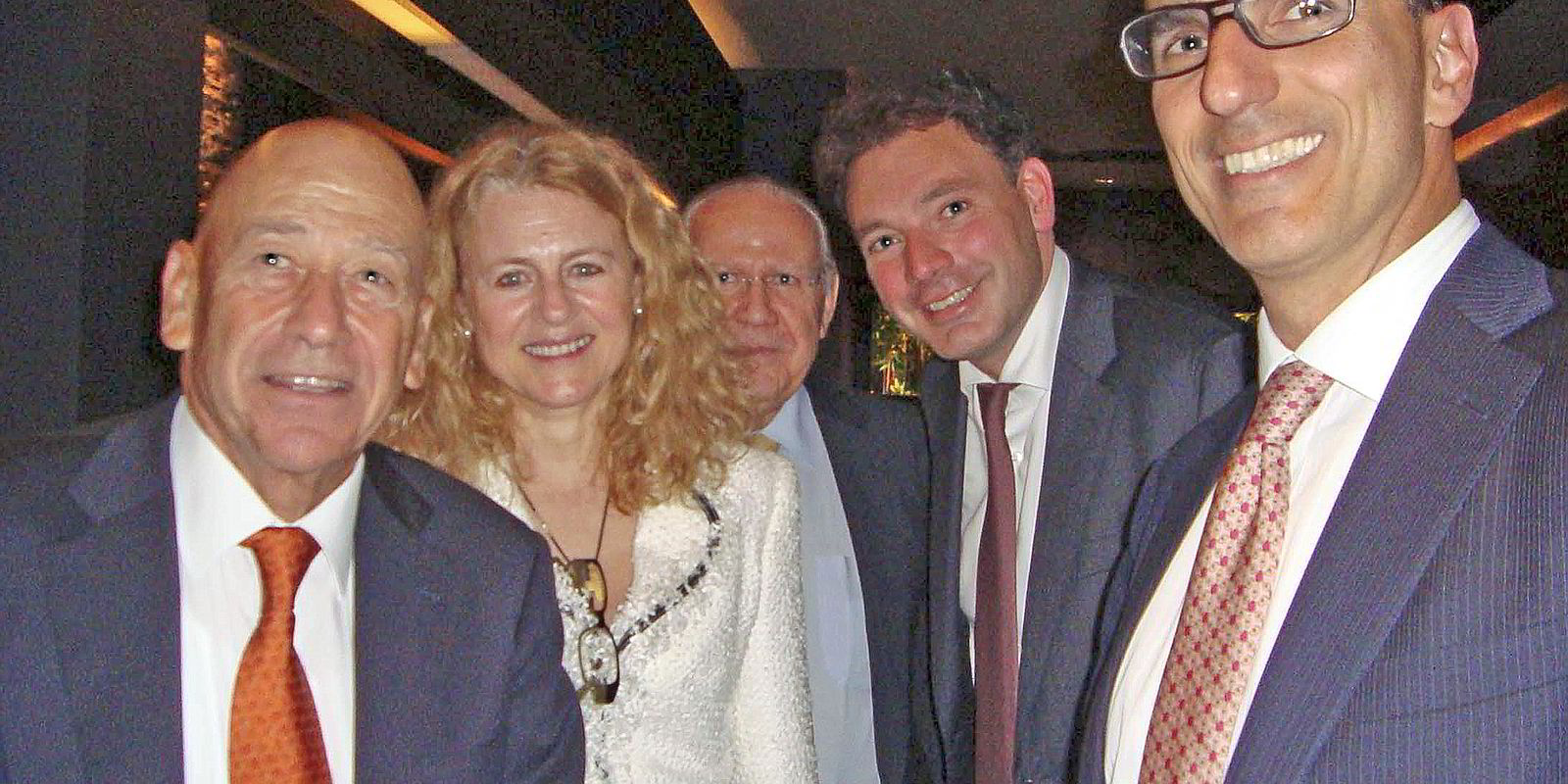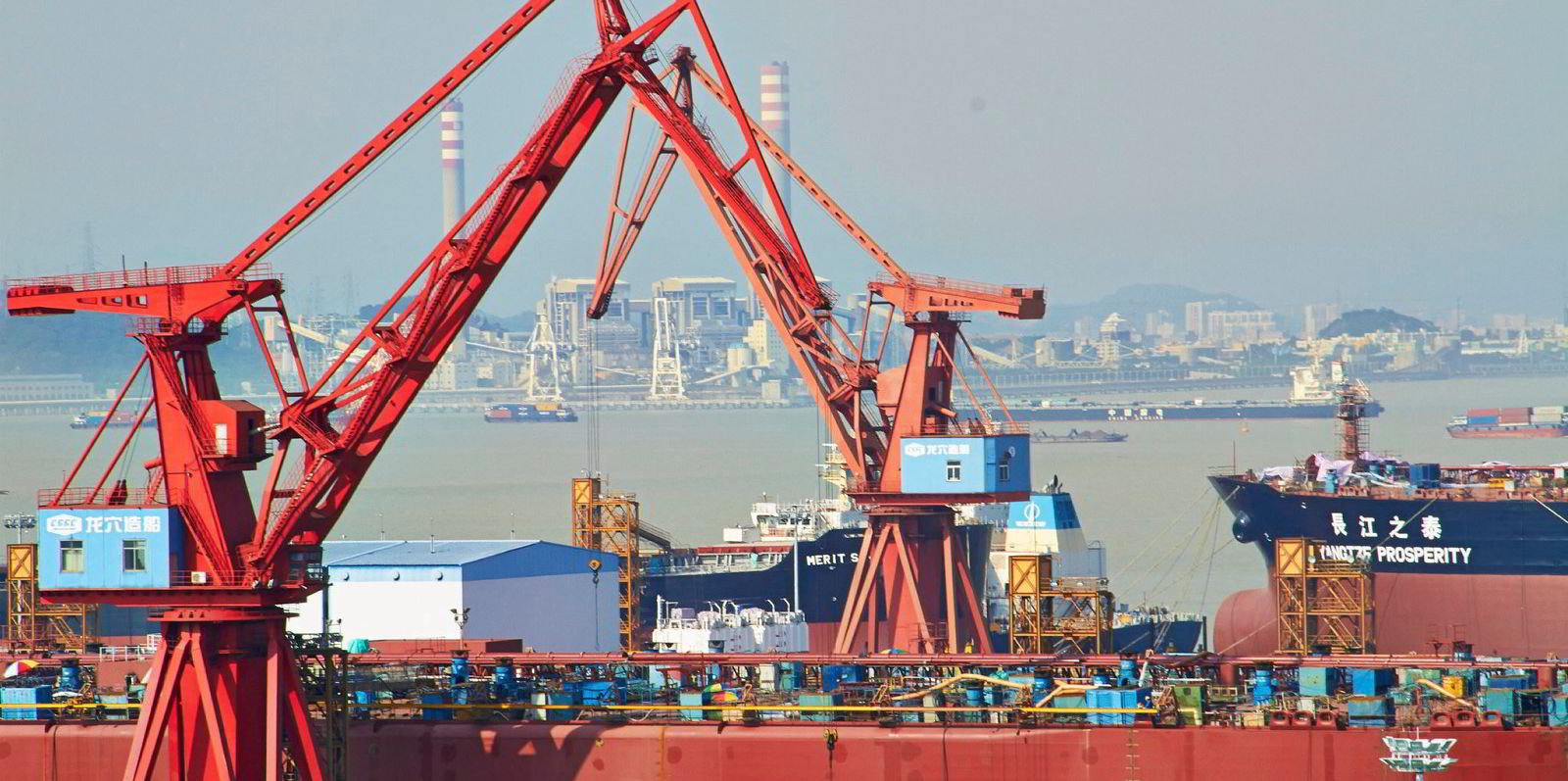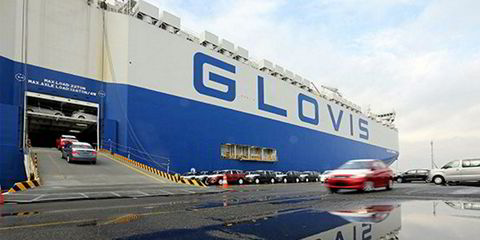Veteran lender Harris Antoniou is back in shipping through a new lease-finance business that has the Latsis family of Greece as its anchor investor.
Antoniou told TradeWinds in an interview on Monday that his Neptune Maritime recognises both the retreat of traditional financiers from the sector and owners' need to meet the mounting decarbonisation mandates from regulators.
"It's a homecoming for me," Antoniou said. "We're very excited about it. Our anchor investor is a family that's been in shipping for decades and it's a testament that they believe in the story behind it, the effort to help the industry take the next step."
Antoniou has been out of shipping since he parted ways with Amsterdam Trade Bank in September 2019 after four years as chief executive.
He previously was a senior banker for a combined 20 years at Fortis and ABN Amro. He also spent more than two years as CEO of Switzerland-based commodities player AMCI Group.
Antoniou formed Jersey, Channel Islands-based Neptune Maritime in March 2020. His earliest efforts were directed toward Advent Technologies, a producer of fuel cells that raised capital both through a private placement and a Nasdaq listing.
Antoniou said he remains an Advent investor but no longer sits on the board of directors.
Neptune Maritime's involvement with the Latsis family on the leasing venture got serious around September, Antoniou said.
The anchor investor is the Latsco family office, representing the family of Marianna Latsis, and has offices in Athens, Geneva and London. It has investments in shipping, energy, real estate and financial technology. The Latsis family has been a presence in Greek shipping since the 1940s.

"We're set up as a corporation — we're not a fund, we're a company, and we're going to grow it as such," Antoniou said.
"It's a very simple, straightforward lease offering. We've seen what the Chinese leasing companies have done, but we're coming at it from the European perspective with an intention to be very close to our clients."
Asked about target clientele, Antoniou spoke of how traditional ship lending had become a "bifurcated market" increasingly challenging to those not in a top tier of favoured owners.
"We're looking at the medium-sized owners who make up 60% of the market in terms of ship ownership, but has been left less-attended by the traditional sources of capital. That's the initial focus. We see a need there."
Neptune Maritime will have a deal sweet spot of "up to $25m to $30m — we can do smaller as well."
The focus will be on the three main operating sectors — tankers, bulkers and containerships — plus gas carriers. Leverage under sale-leaseback structures will likely approach 75%.
Neptune Maritime is agnostic about newbuildings versus secondhand tonnage, but does prefer modern tonnage.
"Eco friendly, better engines, people who are conscious of their eco footprint and how they're built," Antoniou said.
Neptune Maritime is working on building out its investor book as a private venture, although it is open to the notion of a public listing over time, he said.
The company already has approved its first purchase, which Antoniou would describe only as a containership that is on charter to a liner company.







